Shelley Duvall took an axe to her own career – now she’s making a comeback
Robert Altman’s muse is starring in low-budget horror ‘The Forest Hills’ – it’s her first film in two decades. Few are expecting it to match Duvall’s best films of the 1970s but, says Geoffrey Macnab, it’s still a welcome return
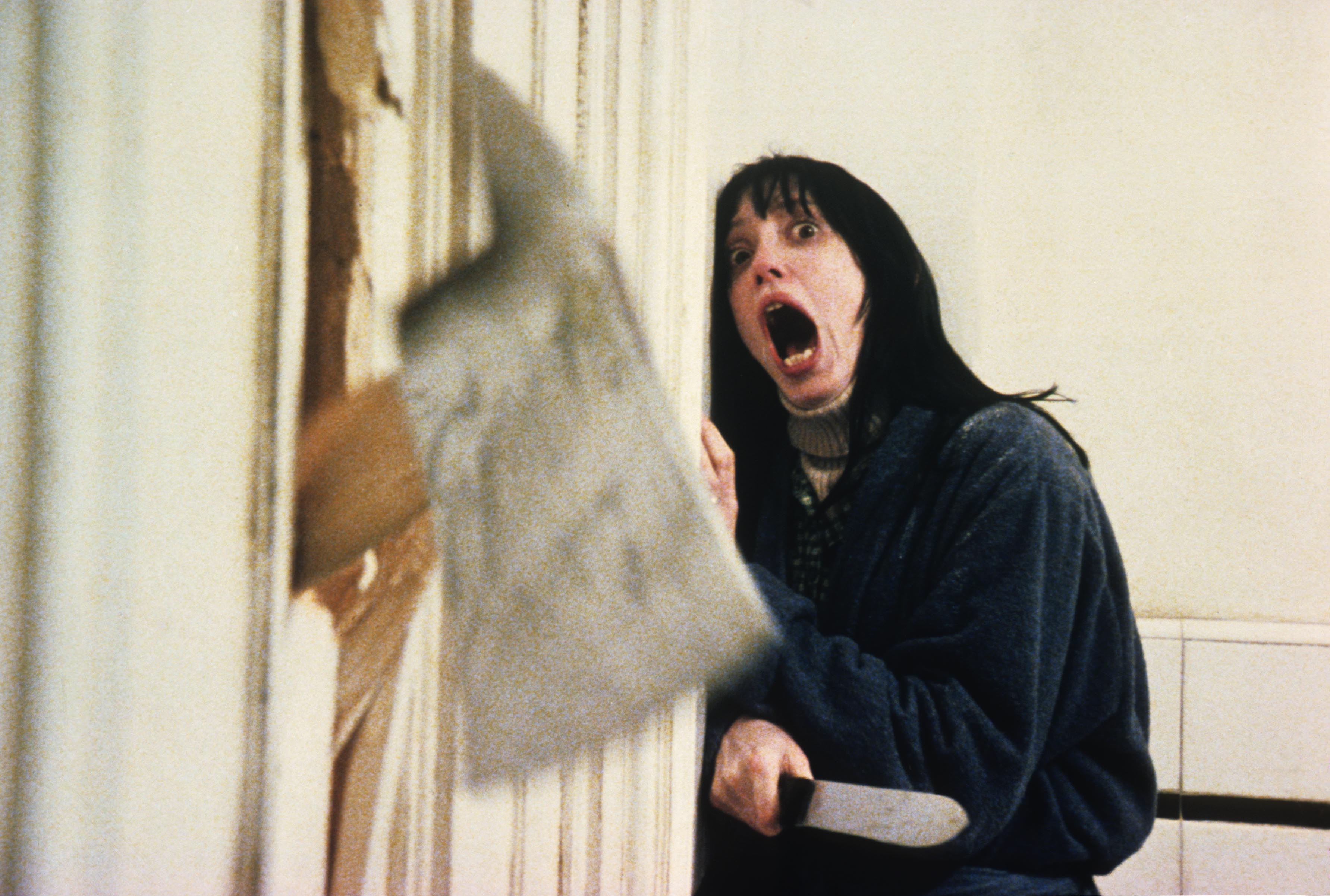
Few can forget the sheer terror on Shelley Duvall’s face when mad, bad Jack Nicholson comes after her in Stanley Kubrick’s The Shining (1980). She cradles a baseball bat, tears staining her eyes, as he sidles toward her with maximum malevolence. She is the one squirming behind the door that he has just ripped open using an axe – it looks like he wants to dismember her with it too. “Here’s Johnny!” He grins devilishly as she retreats.
A documentary crew caught Kubrick losing his temper with Duvall, telling her she didn’t look “desperate enough” at Nicholson trying to kill her. Anyone who has seen the film will know this is a manifestly unfair criticism. When it comes to portraying raw fear on screen, she excelled. No rabbit in the headlights has ever looked quite as startled as she did in the film’s final scenes.
Duvall was the toothsome, big-eyed Texan who turned into one of the darlings of US independent filmmaking in the 1970s. She became a muse for director Robert Altman, who was the first to spot her potential and cast her in many of his films. In whatever role she played for Altman, whether a demure gangster’s moll, a groupie, a sex worker, or a nurse, she invariably combined Little Bo Peep-like innocence with a sense of counterculture mischief. Critics were bewildered by her artlessness but were often charmed too.
“Shelley Duvall is like a precious piece of china. She looks and sounds like almost nobody else,” critic Roger Ebert wrote of her in 1980.
“She doesn’t seem to owe anything to anyone. She’s an original who has her own limpid way of doing things – a simplicity that isn’t marred by conventional acting technique,” the New Yorker’s Pauline Kael commented.
Duvall has gone under the radar in recent years but is now set to make her big screen comeback after a two-decade absence. The 73-year-old star is to appear in a new, low-budget horror film, The Forest Hills. Fans will be both excited and apprehensive about her return. The story of how she was traumatised during the shooting of The Shining has long been part of movie myth. Playing Wendy Torrance, Duvall wasn’t just escaping her deranged husband’s clutches on screen. She also had to deal with being browbeaten and bullied by Kubrick. She became so distressed that her hair fell out.
In an interview last year with the Hollywood Reporter, Duvall acknowledged that she had been left emotionally shredded by her experiences with Kubrick. He would do 35 takes of every scene. She was supposed to be scared and paranoid in the film – but getting into character took its toll. “To wake up on a Monday morning, so early, and realise that you had to cry all day because it was scheduled – I would just start crying. I’d be like, ‘Oh no, I can’t, I can’t,’” she remembered.
Duvall was so convincing in the film that commentators and fans began to think she was becoming a little unhinged herself. A 2016 TV interview for the celebrity psychologist Dr Phil’s TV show was alarming. She seemed disturbed and mentally unstable – although Dr Phil’s creepy and exploitative line of questioning may have been to blame for that.
The idea that working with Kubrick had somehow driven Duvall beyond the edge of sanity was clearly exaggerated. Her career continued to prosper long after she checked out of the Overlook Hotel – the haunted hotel setting of The Shining. During the 1980s, she continued to act and was also the highly successful creator and producer of the US kids’ TV series, Faerie Tale Theatre – a live-action fairytale fantasy drama anthology series – recruiting Roger Vadim, Eric Idle, Tim Burton, and Francis Ford Coppola, among others, to direct episodes. Nonetheless, she left Hollywood to return to her hometown in Texas in the mid-1990s and quit the film business, seemingly for good, after her 2002 feature, Manna From Heaven.
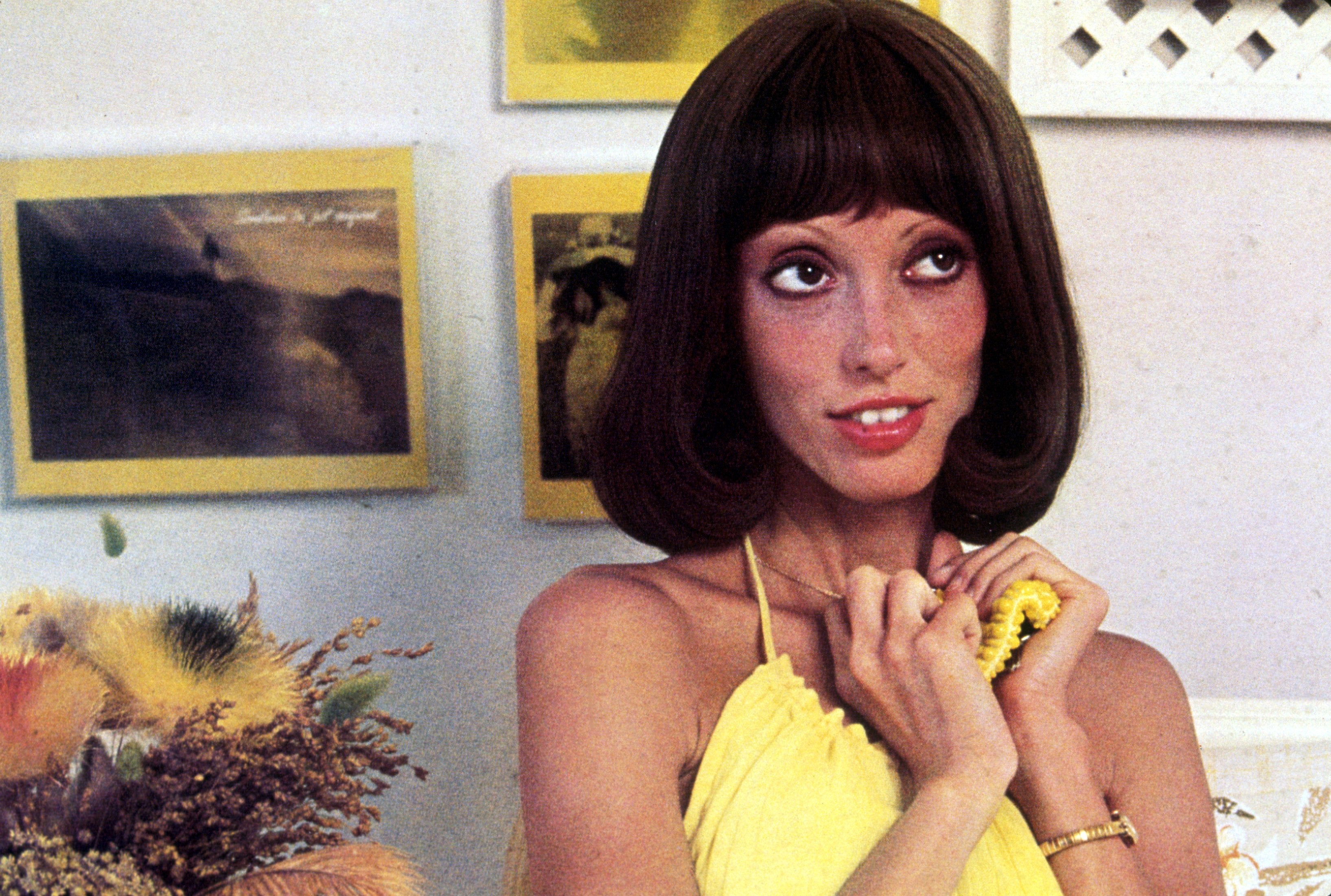
Now she’s coming out of the woodwork to co-star in Scott Goldberg’s indie horror,The Forest Hill, alongside Dee Wallace, the mum from Spielberg’s ET, and Edward Furlong, who is best known for films like Terminator 2: Judgment Day and American History X.
Duvall plays the mother of Rico (Chico Mendez), a disturbed man, tormented by nightmarish visions after suffering head trauma during a camping trip in the Catskill Mountains. Goldberg tells me that the mum was originally going to be called Wendy – after Duvall’s character in The Shining – “but we ultimately decided to leave that name in the past”. She filmed her scenes over a two-day period and didn’t travel to the main set. This, then, looks more like a dip than a full-blown dive back into the movies.
“Shelley is very much living life ‘off the grid’ these days and her happiness shined when we spoke both on the phone prior to scheduling the shoot and during as well,” Goldberg enthuses. “She was awesome to work with. It was my first time directing remotely from New York. We did it over FaceTime and Scott Hansen, [DP/Co-Producer] and Steve Wallenda [grip] shot on location with her. It was great to hear her stories from The Shining and other films. She was a pleasure to work with and wants to go to the premiere! Lovely and kind woman. Nothing but great things to say about Shelley.”
The huge interest in Duvall’s comeback, which has been covered exhaustively online, testifies to her enduring appeal. It may be half a century since her heyday, but she is not forgotten. Younger film lovers are still watching The Shining. Several of her best-known films were shown in the UK last year as part of the BFI’s Robert Altman retrospective.
Arguably, Duvall was a victim of misogyny all along. Years before Nicholson came after her with an axe, critics and casting directors were already looking to belittle her and chop her down. Detractors claimed that she was only really at ease in Altman’s freewheeling films in which spontaneity and improvisation were encouraged. On more conventional and rigorous film sets, they claimed, she tended to become lost.
Altman may have “discovered” and championed her but even he sometimes talked about her in a chauvinistic fashion.
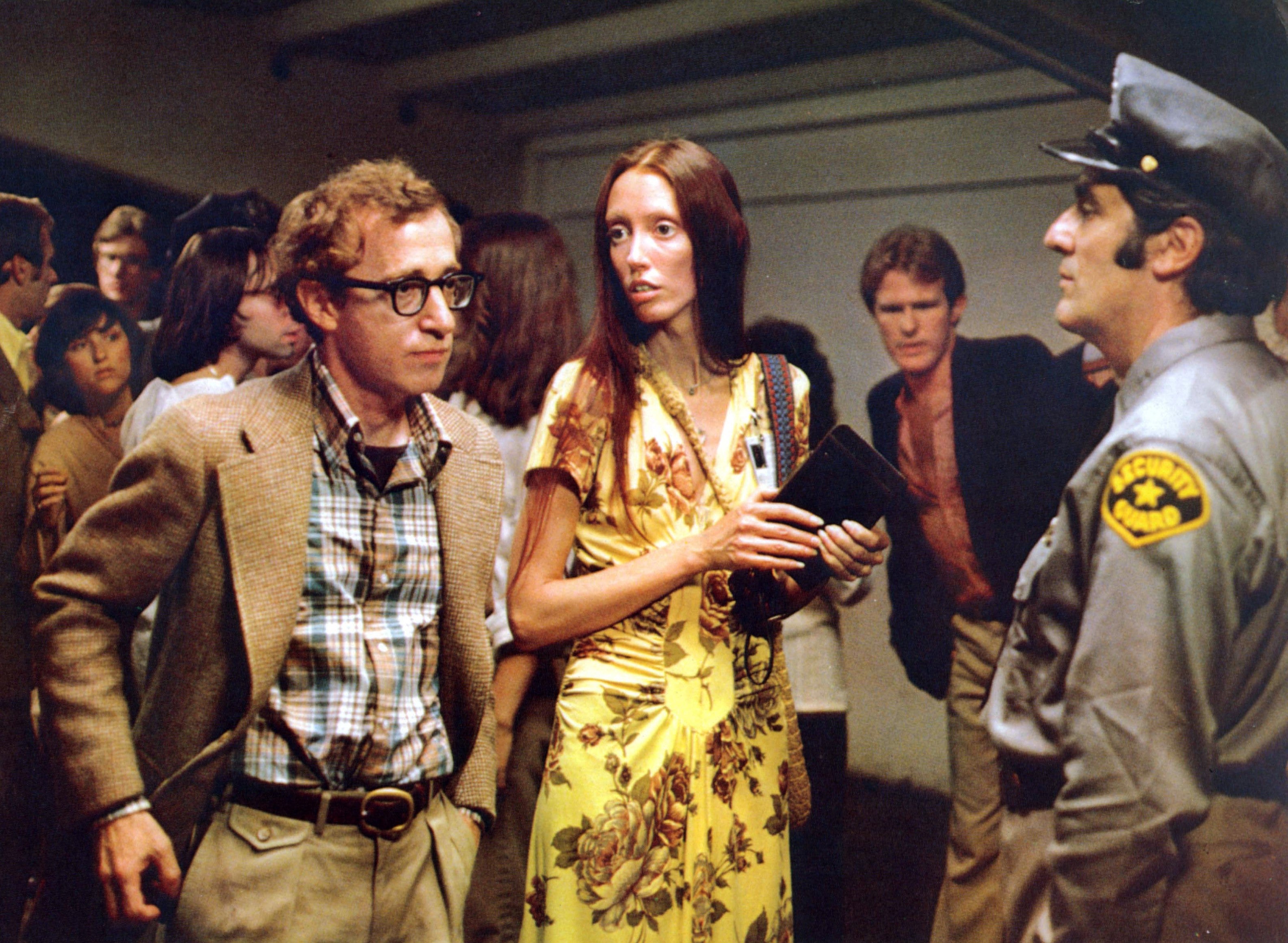
“Shelley Duvall has given absolutely marvellous performances in four or five of my films; her work in Thieves Like Us is as good as any performance I can imagine. I’m always amazed that other directors don’t pick up on her but nobody has; she can’t get a job…I guess because she doesn’t have big t**s,” Altman said of her in a 1976 interview.
Everything about Duvall’s career seemed on the haphazard side. She was, as the headline to a 1981 interview with her proclaimed, “filmdom’s most unlikely star”. She was in her mid-twenties and living in Houston with her artist boyfriend when she first encountered Altman. He was in Texas casting his 1970 comedy, Brewster McCloud. She took some of her boyfriend’s canvases to show to Altman in the hope he might buy one. “I was pretty suspicious. I thought he was making some kind of porno movie,” Duvall later told Cosmopolitan of her reaction when he suggested she appear in the movie. It was due to start shooting three days later.
She had never even had an acting lesson before. As one of her co-stars Bud Cort said to Altman’s biographer Mitchell Zuckoff, she was “like this little baby giraffe – eyelashes down to her chin and up to her forehead”. She turned out, though, to be a born movie actor, relaxed, natural, and with a quirky charm, which the camera always picked up on.
It’s intriguing to watch Duvall in Altman’s 3 Women (1977), for which she won the Best Actress award at the Cannes Film Festival. She plays Millie Lammoreaux, a nursing home attendant who takes new colleague Pinkie (Sissy Spacek) under her wing. Millie is forever getting her skirt stuck in her car door – it happened by accident but Altman kept it in the film. Like many of Duvall’s characters, Millie is a figure of both comedy and pathos. She is odd but ingratiating. She chatters away incessantly, not noticing that most of her colleagues are ignoring her and is constantly on the prowl for men. Pinke, though, is obsessed by her and becomes her roommate.
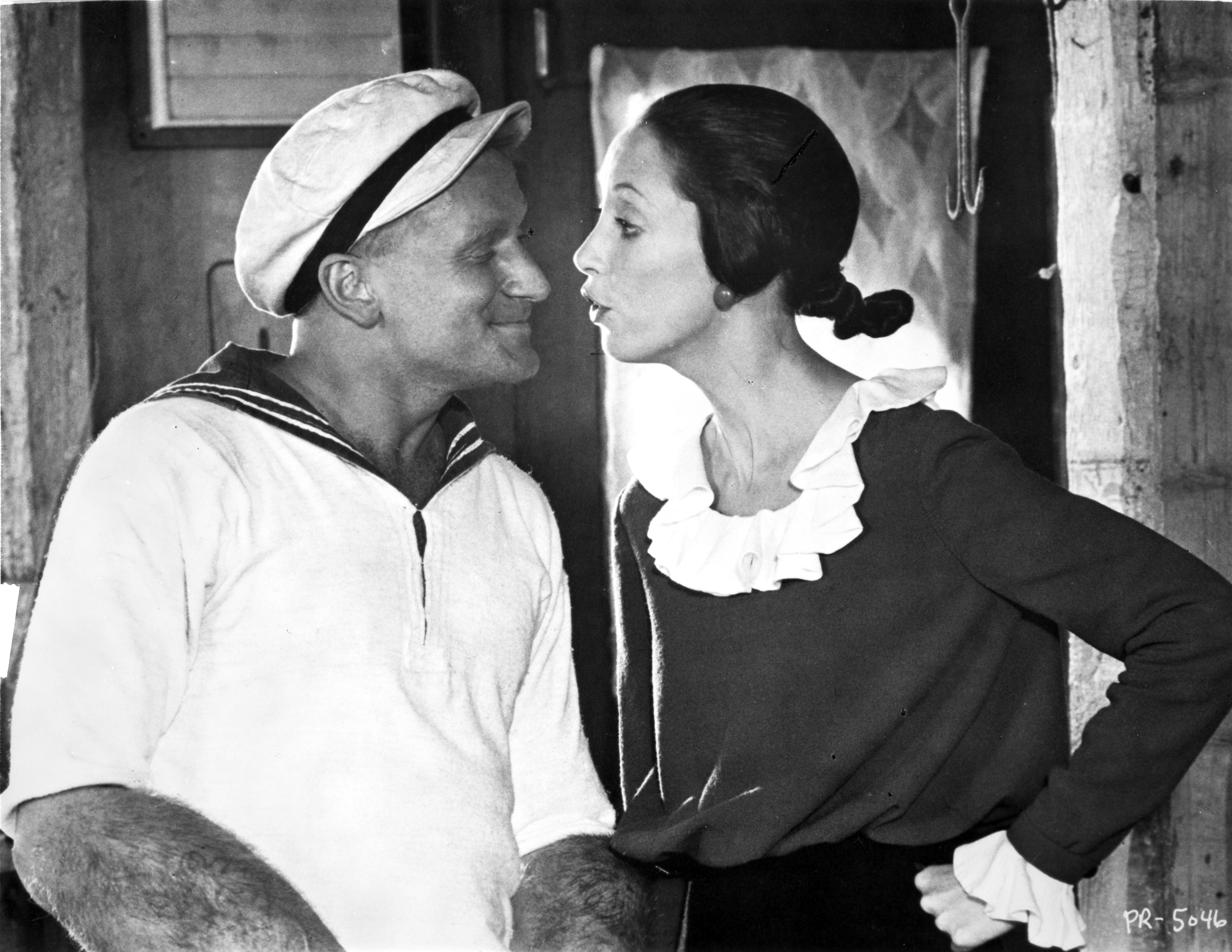
One point Altman continually made was that Duvall was versatile. Critics dismissed her as only being able to play variations of herself on screen. She was the gawky, lovable oddball.
“Won’t the general audience back in Dayton, Ohio, think she’s kind of freaky and kind of spacey and kind of weirdo?” a journalist asked Altman shortly before shooting began on 3 Women. The question revealed the prejudice that Duvall regularly encountered simply because she wasn’t the typical Hollywood female star.
However, she was always ready to stretch herself. She appeared in Depression-era gangster films (1974’s Thieves Like US), westerns (1971’s McCabe and Mrs Miller ), country music satires (1975’s Nashville ), horror (The Shining and 1998’s Tales of The Mummy ), Henry James period pieces (Jame Campion’s 1996 The Portrait of a Lady) and quirky, experimental art-house fare (Guy Maddin’s wondrously bizarre 1997 effort, The Twilight of the Ice Nymphs). She even turns up in Woody Allen’s Annie Hall (1977), playing a Bob Dylan-obsessed reporter who goes on a date with Alvy (Allen’s character). None of her performances were ever the same.
During her school days, long before she went in front of the cameras, Duvall was continually likened to the cartoon character Olive Oyl in Popeye. She didn’t relish the comparison. “It meant you were skinny as a rail, you had sparrow legs and an Adam’s apple. I mean, who wants to admit she was born to play Olive Oyl,” Duvall told one journalist. That didn’t stop her taking the role as Olive opposite Robin Williams’s bulging biceped, spinach-chewing sailor in Altman’s live-action version of Popeye (1980) “She was the best thing in the film… she was perfect,” Altman later said of her febrile but funny performance. She captured the cartoon character’s mannerisms but brought a winning charm to Olive as well.
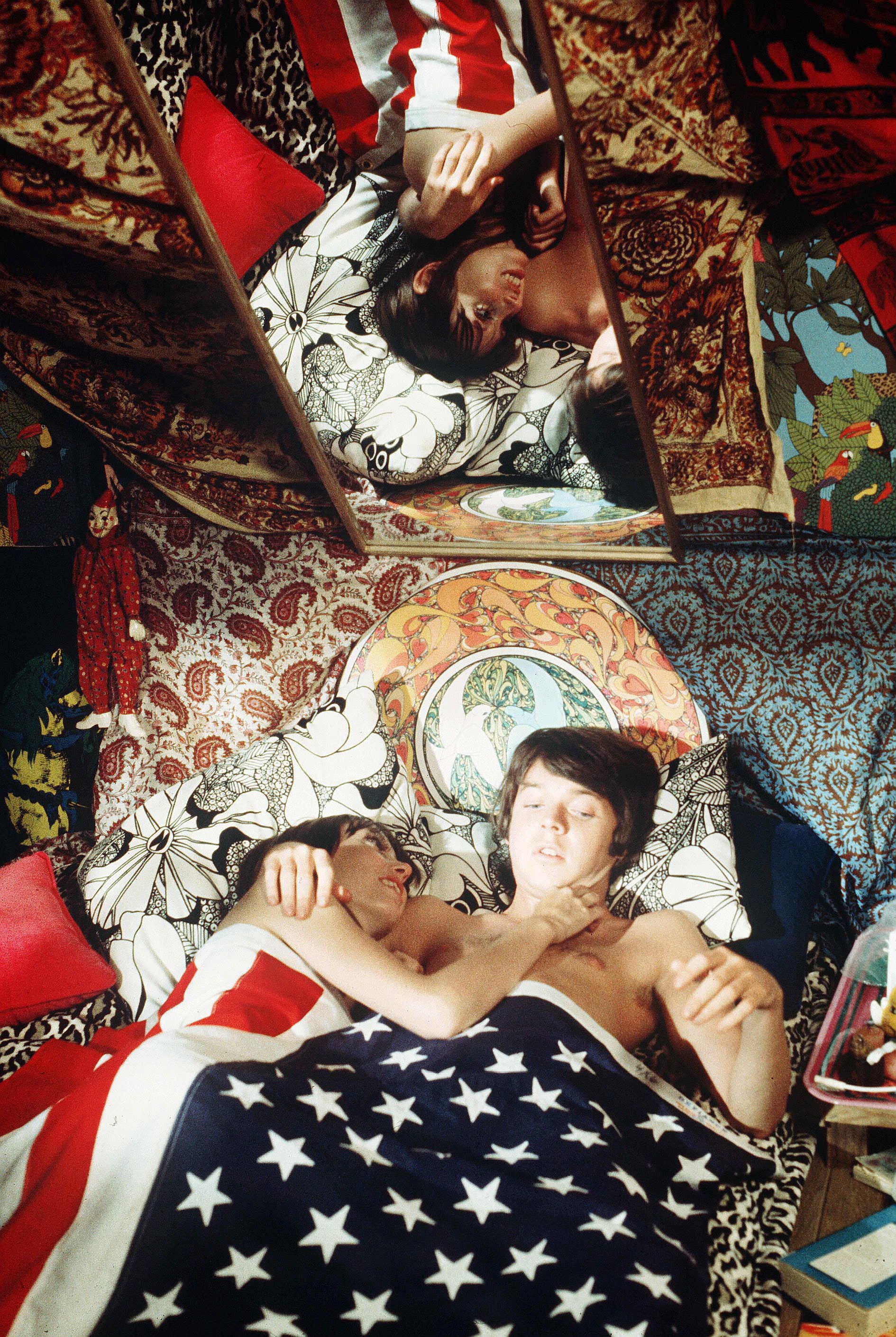
Popeye was Duvall’s first major project after The Shining. Unlike Kubrick, Altman didn’t make her cry on camera or try to terrify her. He trusted her and generally gave her minimal direction. The make-up took three hours every morning but she still looked much as she always did, the same charming beanpole seen in her other films.
Altman and Kubrick both spotted identical qualities in Duvall – an innocence, openness, and vulnerability rarely found in more seasoned actors. Altman celebrated these qualities. Kubrick preyed on them. The Shining may be the film she will be best remembered for but there’s a richness, humanity and humour in her performances for Altman that Kubrick never came close to tapping.
Few are expecting The Forest Hills to match Duvall’s best films of the 1970s. It is not clear why she is coming out of retirement. Money, boredom, curiosity, the itch to get back in front of the cameras? No one knows. Whatever the case, it is still a very welcome return. Now that she is acting again, the conversation about her should change. No longer will she be discussed as a figure of pity and morbid curiosity as she has been since that disastrous Dr Phil interview. Instead, the focus will again be on the acting qualities that made her one of the most original and idiosyncratic stars of her era in the first place.






Join our commenting forum
Join thought-provoking conversations, follow other Independent readers and see their replies
Comments